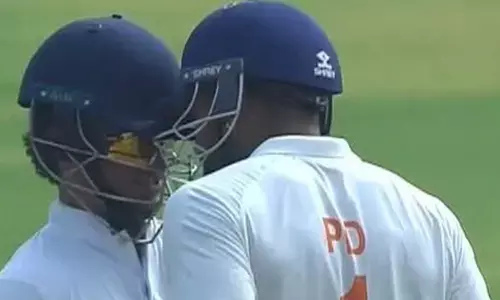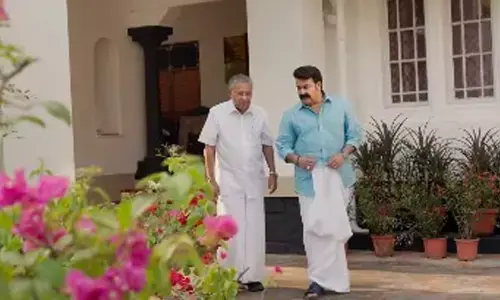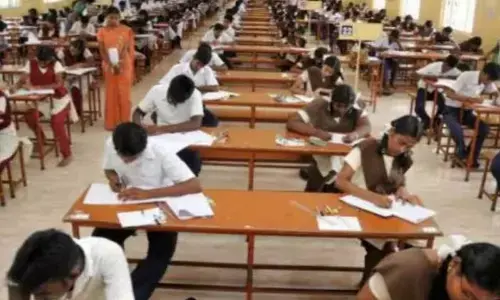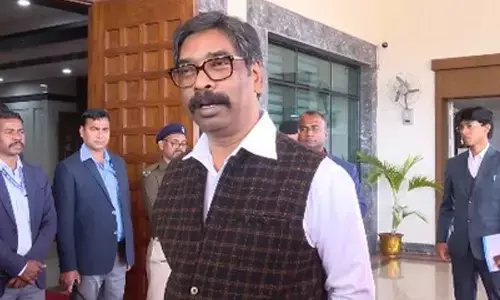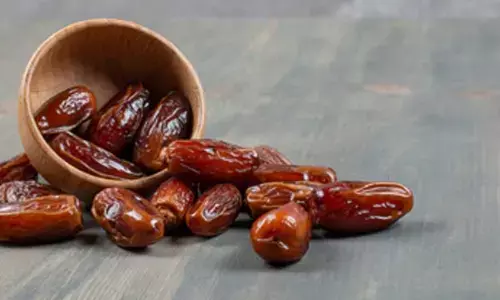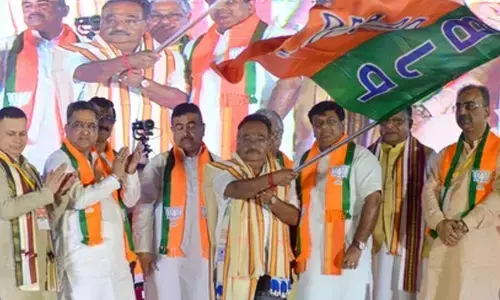After DDCA, FIFA has nominated Mudgal on its governance committee
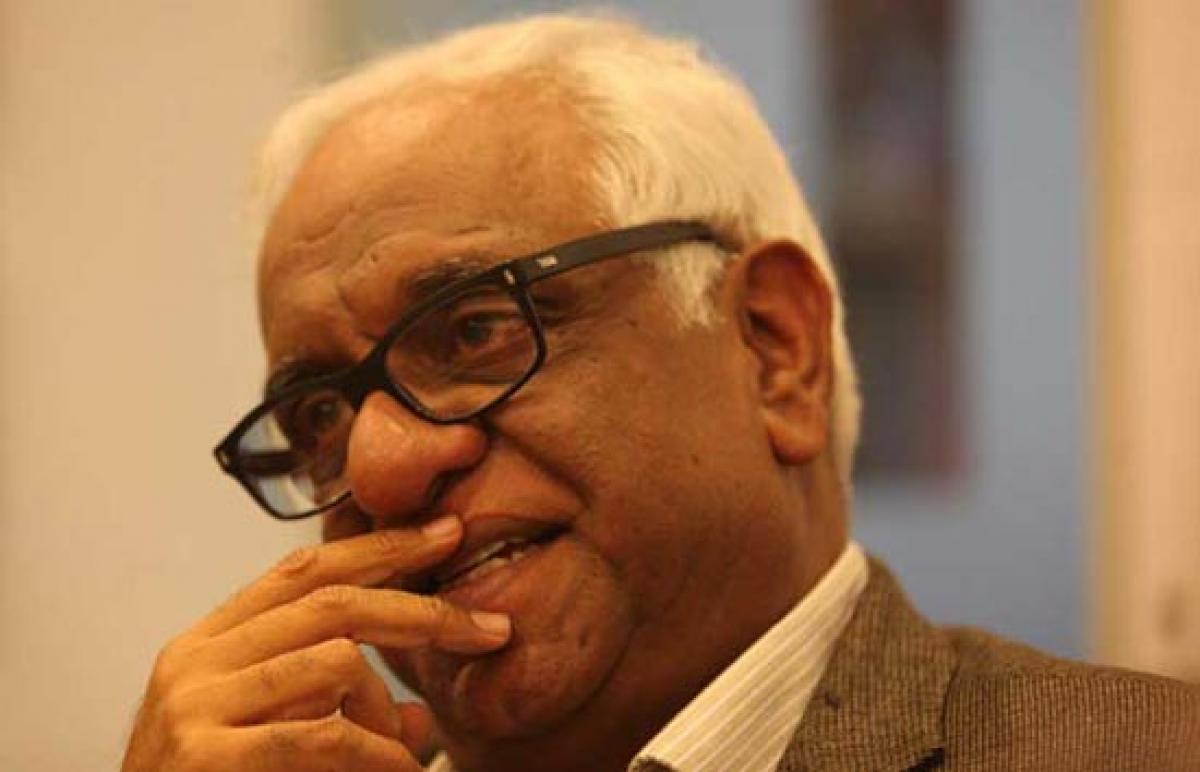
Justice Mukul Mudgal is the most sought after man in the world of sport. The former chief justice of the Punjab and Haryana High Court is also the most feared in Indian cricket after his reports on corruption in the Indian Premier League (IPL) and on the functioning of the Delhi and District Cricket Association (DDCA).
Justice Mukul Mudgal is the most sought after man in the world of sport. The former chief justice of the Punjab and Haryana High Court is also the most feared in Indian cricket after his reports on corruption in the Indian Premier League (IPL) and on the functioning of the Delhi and District Cricket Association (DDCA).
Mudgal’s fame has travelled far and wide and FIFA has nominated him on its governance committee. The appointments to audit and compliance and judiciary bodies are subject to strict eligibility checks by the independent FIFA Review Committee.
The first three-member independent review committee is elected by the FIFA Congress and if he is on it, it is a tribute to Mudgal’s independent investigative mind, never mind a majority of members of the world body may not even know or care how low India figures in its rankings.
The FIFA mechanism is designed to protect the organisation against any conflict of interest in the approval of any appointments to the key committees and bodies. Conflict of interest is one aspect of sports bodies that Mudgal is well aware of how the officials indulge in nepotism so brazenly.
The demand doing the rounds in cricket circles is that Mudgal should be asked to investigate all affiliated units of the Board of Control for Cricket in India (BCCI) just as he did in the DDCA. Warring groups in at least two state associations are apparently toying with the idea of approaching courts of law for similar probes into conflicts of interest and massive corruption in their domains.
Mudgal, who was appointed by the Delhi High Court to oversee the DDCA working in organising the India-South Africa Test and subsequently IPL matches, submitted his report and it found its echo in the Supreme Court hearings into the Indian cricket board’s governance.
The apex court did not have to dig much deeper into the maladministration in some of the state associations or the board’s inability to run its writ on them. The court was highly critical of the board allocating funds without monitoring the utilisation part of it.
The arrest of the officials of the Goa Cricket Association (GCA), which received Rs. 141 crore from the board in the last five years, following charges of misappropriation left the board’s lawyer apologetically mumbling.
Amicus curiae and senior advocate Gopal Subramanium then explained to a two-judge bench of Chief Justice Tirath Singh Thakur and Justice Fakkir Mohamed Ibrahim Kalifulla not only how the GCA President, Secretary and Treasurer were arrested, but also the way the Saurashtra and Delhi associations flouted the rules.
Even the board president has not been spared, one of the lawyers said, pointing to the cases filed against Anurag Thakur in Himachal Pradesh, his home state. Subramanium, in agreement with the submission, referred to the Lodha committee report which stated that if any person is charge-sheeted, he should be kept away from the sports body.
In Saurashtra, like in quite a few associations, even drivers, servants and children of the officials were enrolled as the members of the association. Nothing can be more preposterous than Subramanium’s reference to a postal address in Shakur Basti in
northwest Delhi as the postal address of 14 members of the DDCA, in an area of 48 square metres.
Mudgal, in his report to the Delhi High Court, rightly picked the man responsible for most of the DDCA’s ills, vice president C.K. Khanna, and said unless this "pernicious influence" is kept out of the administration, there is no salvation for the association.
Much of what Mudgal said in his report is public knowledge as the media had kept hammering at it for a couple of decades, but the political patronage protected these officials.
In one devastating para, Mudgal sized up Khanna and nothing more needs to be added his profile.
"His paramount interests are peddling complementaries to gain favours and satisfy his proxy interests, and mounting the dais repeatedly for presentations. He craves for every photo-opportunity. Mr. Khanna has not the slightest interest in promotion of cricket in Delhi and his sole occupation is the traction obtained by complimentaries to his proxies and various authorities."
Mudgal may not have touched upon other serious charges against the DDCA officials and its so-called sports committee, which has its members on various selection committees, making a mess of the selection process, particularly at the age-group level.
Yet, the entire DDCA officialdom, a couple of them facing serious charges of embezzlement, called a media conference to shamelessly state that Mudgal was misled by a group of DDCA members.
Will the Delhi High Court ask the board, the Urban Development Ministry (the real owners of Ferozeshah Kotla Stadium), or the Company Law Board to implement the Mudgal report and cleanse cricket atmosphere in the National Capital? Or, will the Supreme Court do so under Lodha report?


